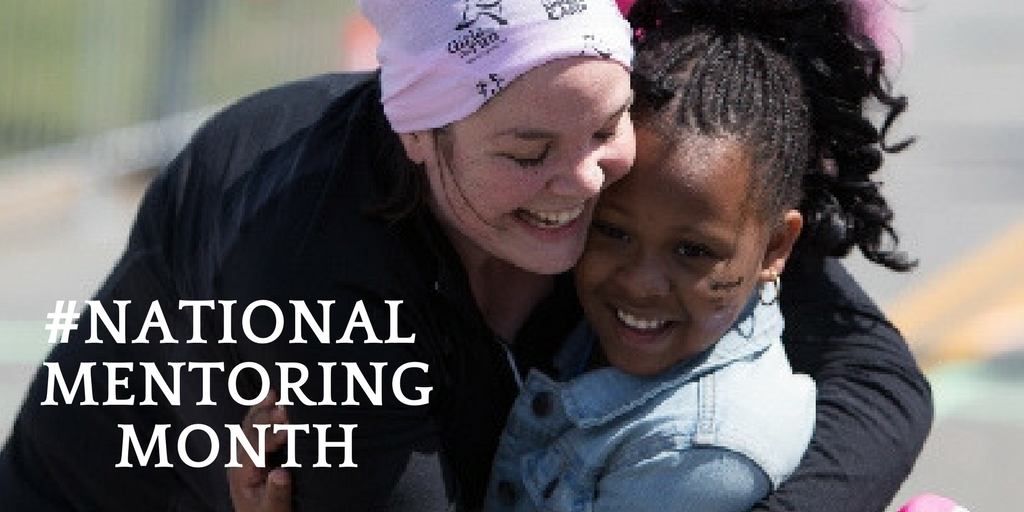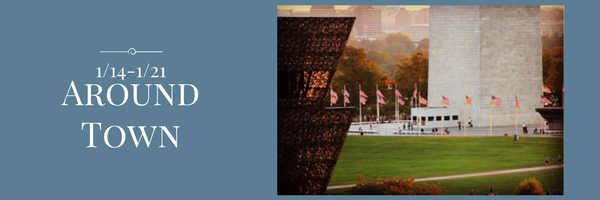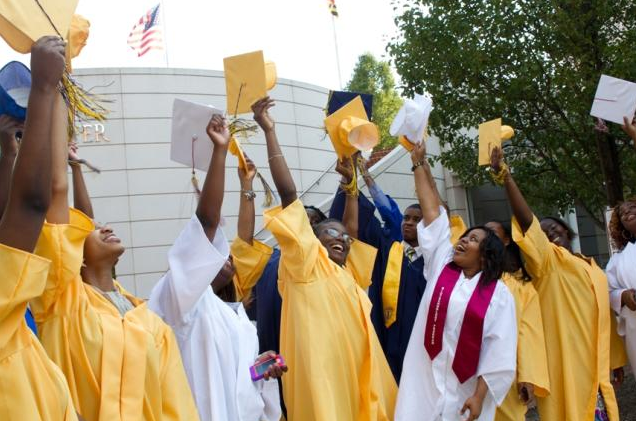
Only 46% of low-income students matriculate to college, according to the US Census. Most of these students are afraid they can’t afford college and that huge debt will burden them and/or their families. At First Generation College Bound (FGCB), we break down misperceptions about college affordability and accessibility, and strive to improve our students matriculation and graduation rates.
Our College Access program works with 150 first generation students annually. Countering the perception that low-income students must win a scholarship to attend college, our program welcomes students with a 2.0 or greater GPA and helps them tackle the financial aid process. Many students receive need-based aid assistance that they didn’t know they qualified for. Our students are ready to make successful transitions to colleges that are the best fit for them and can compete academically with their more affluent peers.
Most of our students must overcome long odds to attend college and obtain their degrees. Mentoring enables our students to overcome barriers which have prevented many first generation college students from attending and graduating from college.
In one-on-one coaching sessions and in workshops, we constantly instill college bound attitudes in our students. Our outstanding College Access Coaches develop customized plans for students, empowering them to surmount barriers blocking their way to their goals. Preparing them to do well in the SAT and maintaining a college bound transcript, we remind our students they can compete academically. We demonstrate attending college is affordable and accessible by showing our students how to leverage aid available to attend college.
For more than 27 years, our college access mentoring has ensured 93% of our students matriculate to college, twice the national average, and 64% of our students finish their degrees in four years, twice higher the national average of 33% for low-income students, according to the National Student Clearinghouse.
FGCB is striving to develop support services and training for other organizations and programs. We hope other groups will want to replicate our highly successful model. If more groups adopt our mentoring approach, we’ll come closer to realizing our vision: one day all Marylanders will have equal access to affordable college educations.
You can learn more about our work by visiting www.fgcb.org

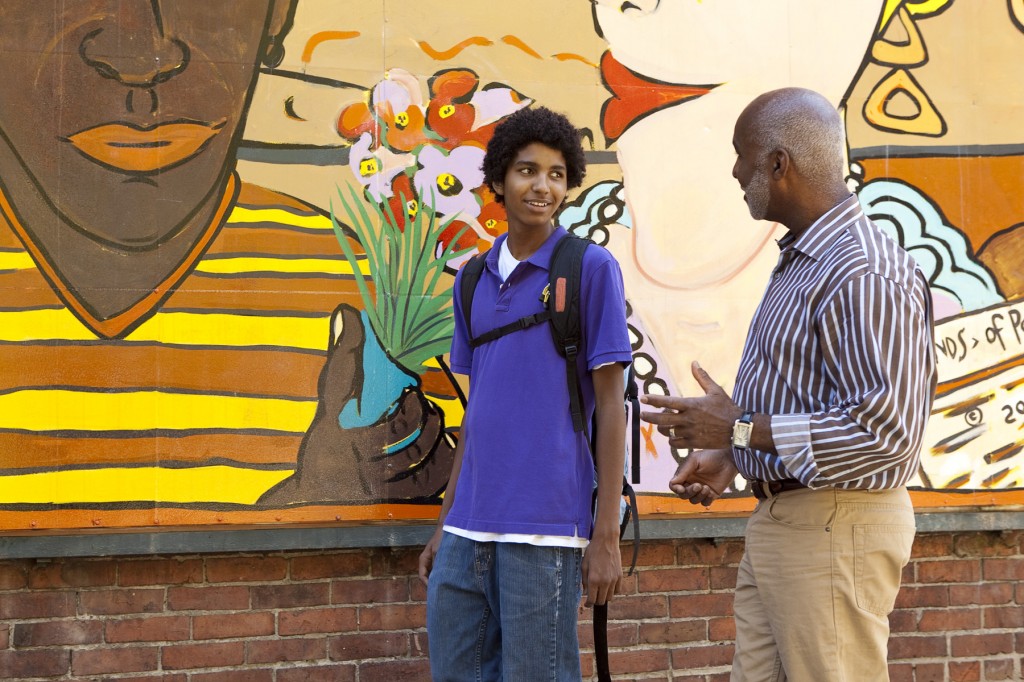
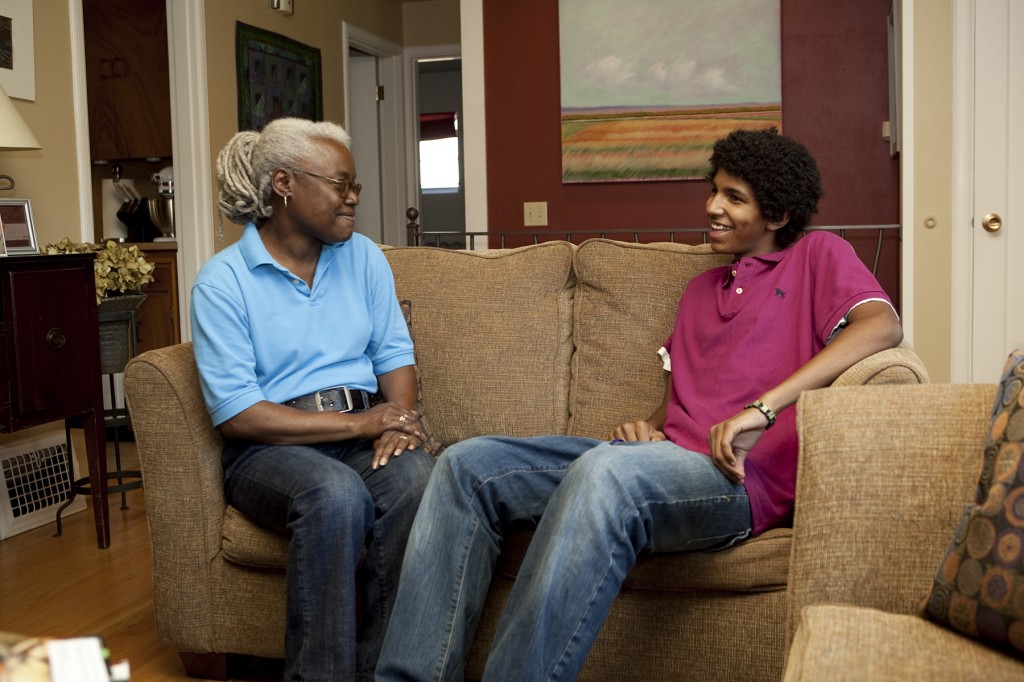 Consider this: More than half of foster children nationwide drop out of high school, increasing the chances that they will slip into poverty, homelessness and possibly even jail.
Consider this: More than half of foster children nationwide drop out of high school, increasing the chances that they will slip into poverty, homelessness and possibly even jail.